
Sprouted foods are more precious than 'pure gold'

When Sprouted Foods Turn Out to Be Healthier Than You Think
Many homemakers tend to throw away any food that starts sprouting, assuming it has gone bad. However, not all sprouted foods are harmful — in fact, some of them are packed with even more nutrients than their unsprouted versions. Below are several sprouted foods that are considered more valuable than “pure gold,” as well as two that should always be discarded.
🌱 1. Sprouted Peanuts
Peanuts that sprout naturally after careful cultivation are surprisingly beneficial. During the germination process, the amount of vitamin C in peanuts increases significantly, and essential amino acids can rise up to seven times compared to raw peanuts. Most importantly, sprouted peanuts produce a compound known as resveratrol — a powerful natural antioxidant that helps fight inflammation, slow down aging, and reduce the risk of certain diseases, including heart-related conditions.
However, it’s crucial to distinguish between naturally sprouted and moldy peanuts. Peanuts that sprout due to improper storage or moisture exposure at home may develop aflatoxin, a dangerous toxin linked to liver cancer. This toxin cannot be completely destroyed even by cooking at high temperatures. Therefore, if your peanuts appear moldy or have an unpleasant odor, the safest option is to throw them away.
🌾 2. Sprouted Brown Rice

Brown rice is classified as a whole grain because it retains its bran and germ layers, which contain valuable nutrients. Although its taste is less refined than white rice, its nutritional content is far superior. When brown rice is soaked and allowed to sprout carefully, its levels of lysine, vitamin E, B vitamins (B1 and B6), magnesium, calcium, iron, and especially γ–aminobutyric acid (GABA) can increase up to tenfold compared to polished white rice, and four times higher than un-sprouted brown rice.
Sprouted brown rice not only tastes softer and sweeter but also offers several health benefits. It aids digestion, prevents constipation, stabilizes blood sugar and blood pressure, and helps regulate cholesterol levels. Regular consumption can also support heart health, prevent atherosclerosis, improve skin elasticity, and slow down the aging process. Some studies even suggest that GABA in sprouted brown rice promotes relaxation and better sleep quality.
🧄 3. Sprouted Garlic

Garlic is already known as a natural immune booster, rich in fiber, vitamin C, vitamin A, and carotene. When garlic begins to sprout, it becomes even more nutritious. According to food scientists, sprouted garlic contains higher concentrations of antioxidants and phytochemicals that can help slow aging, fight infections, and protect the cardiovascular system.
In fact, compounds found in sprouted garlic may help prevent the spread of certain types of cancer cells. These same antioxidants also defend the body against free radicals, which are responsible for cellular damage and inflammation. However, if the garlic shows black spots or mold, it should be discarded immediately, as that indicates spoilage.
⚠️ Sprouted Foods That Become Toxic
While some sprouted foods are healthy, others can become harmful or even poisonous. Two common examples are potatoes and sweet potatoes.
🥔 1. Sprouted Potatoes

Potatoes naturally contain a compound called solanine, which exists in very small, harmless amounts. However, when potatoes start to sprout, solanine levels can increase up to 50 times, reaching a concentration high enough to cause nausea, vomiting, sore throat, stomach pain, breathing difficulties, and other symptoms of poisoning.
Sprouting is a defense mechanism that helps potatoes protect themselves from pests, but it also signals that the tuber is no longer safe for consumption. If you see sprouts or greenish skin on your potatoes, it’s best to discard them — cooking cannot completely eliminate the toxin.
🍠 2. Sprouted Sweet Potatoes

Unlike potatoes, sprouted sweet potatoes don’t produce toxic compounds during sprouting. However, their nutritional value and flavor decline noticeably. The texture becomes drier, and the natural sweetness fades. More importantly, sprouted sweet potatoes are prone to mold contamination, particularly with a substance called ipomeamarone — the compound responsible for bitterness. Consuming moldy sweet potatoes can cause vomiting, dizziness, abdominal pain, and nausea.
To recognize spoiled sweet potatoes, check for brown or black spots on the surface. If present, discard them immediately instead of trying to cut off the damaged parts.
🌿 In Conclusion
Sprouting can either enhance or destroy the nutritional quality of food — it all depends on the type of ingredient and storage conditions. While sprouted peanuts, brown rice, and garlic can become nutrient-rich superfoods, sprouted potatoes and moldy sweet potatoes should always be avoided. Knowing the difference can help you make smarter, healthier choices for your family’s meals and prevent potential health risks.
News in the same category

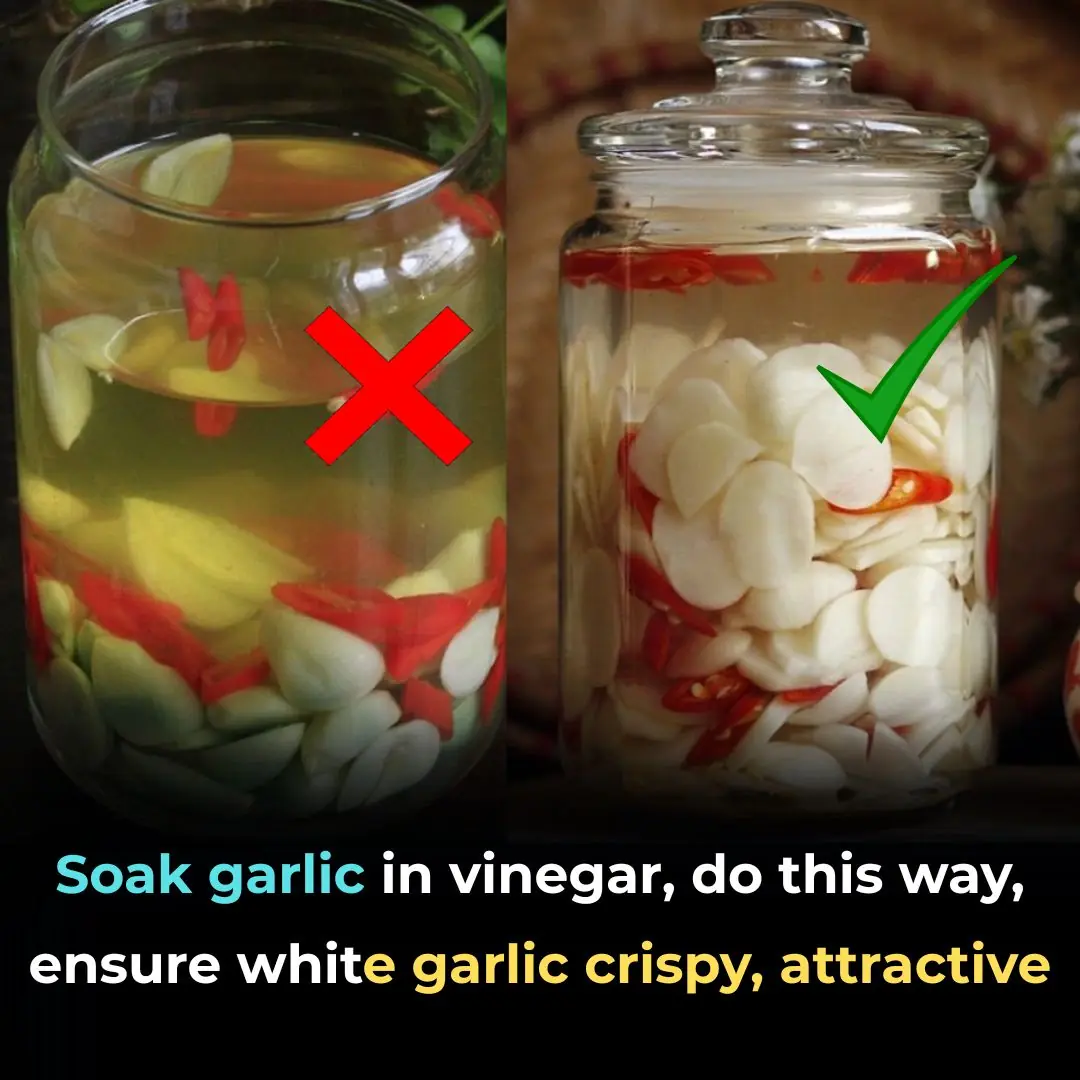
Soak garlic in vinegar, do this way, ensure white garlic crispy, attractive

Vinegar Soaking: 4 Great Uses Recognized by Families, Everyone Loves It
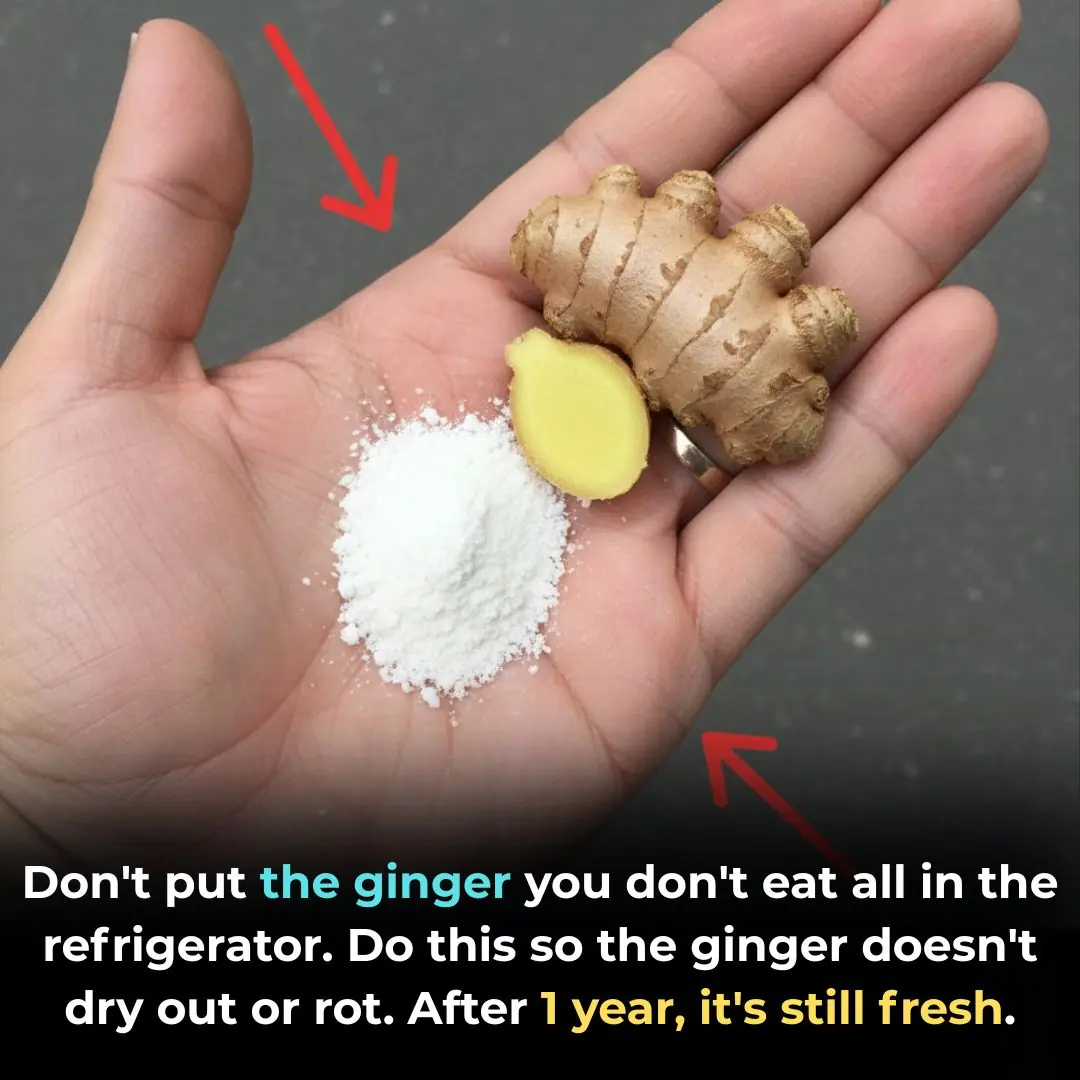
Don't put the ginger you don't eat all in the refrigerator. Do this so the ginger doesn't dry out or rot. After 1 year, it's still fresh.
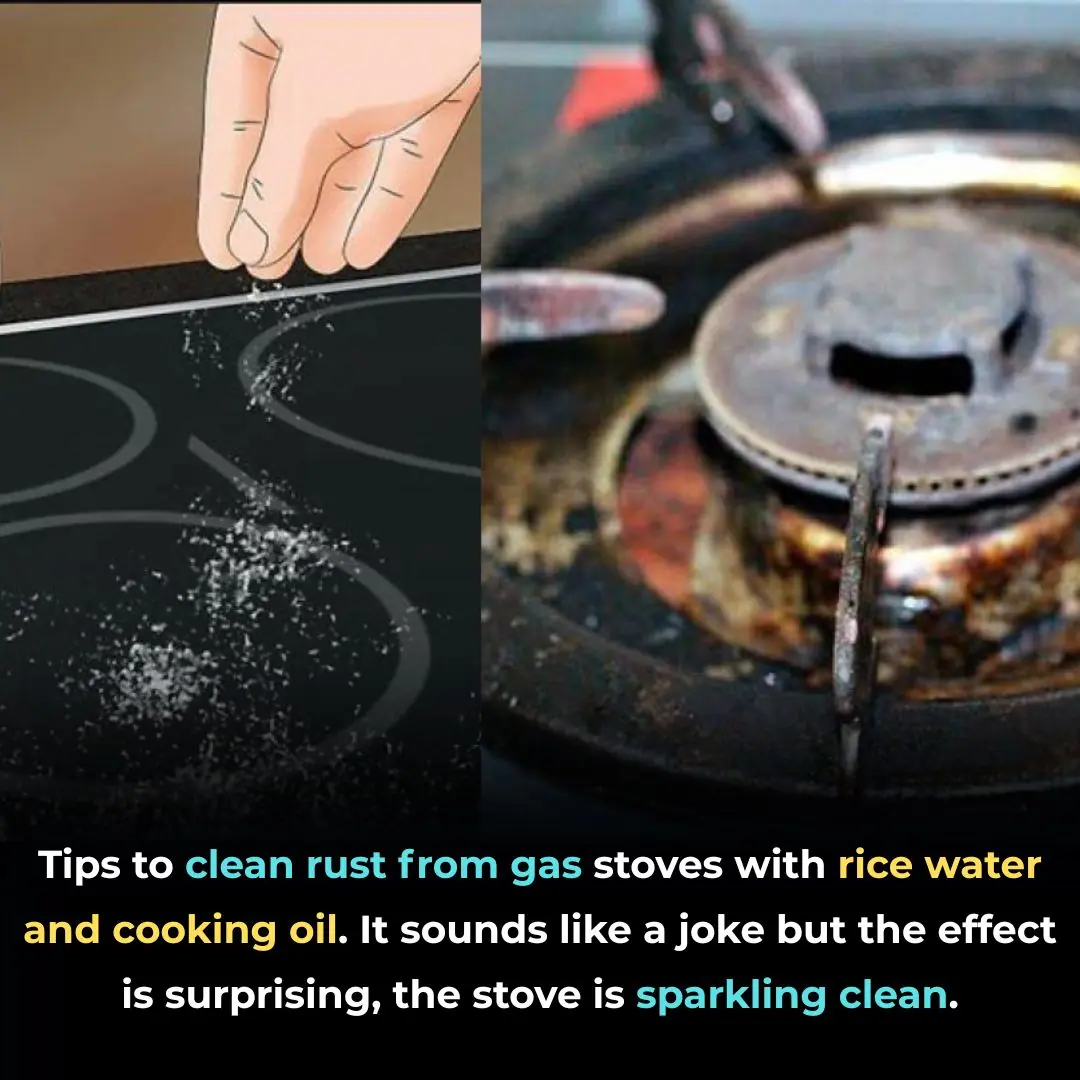
Tips to clean rust from gas stoves with rice water and cooking oil. It sounds like a joke but the effect is surprising, the stove is sparkling clean.

How to use Fo-ti to stimulate hair growth, make hair black, shiny and smooth

When buying honey, just turn the honey bottle upside down and at a glance you can tell real and fake honey. Don't buy it randomly.
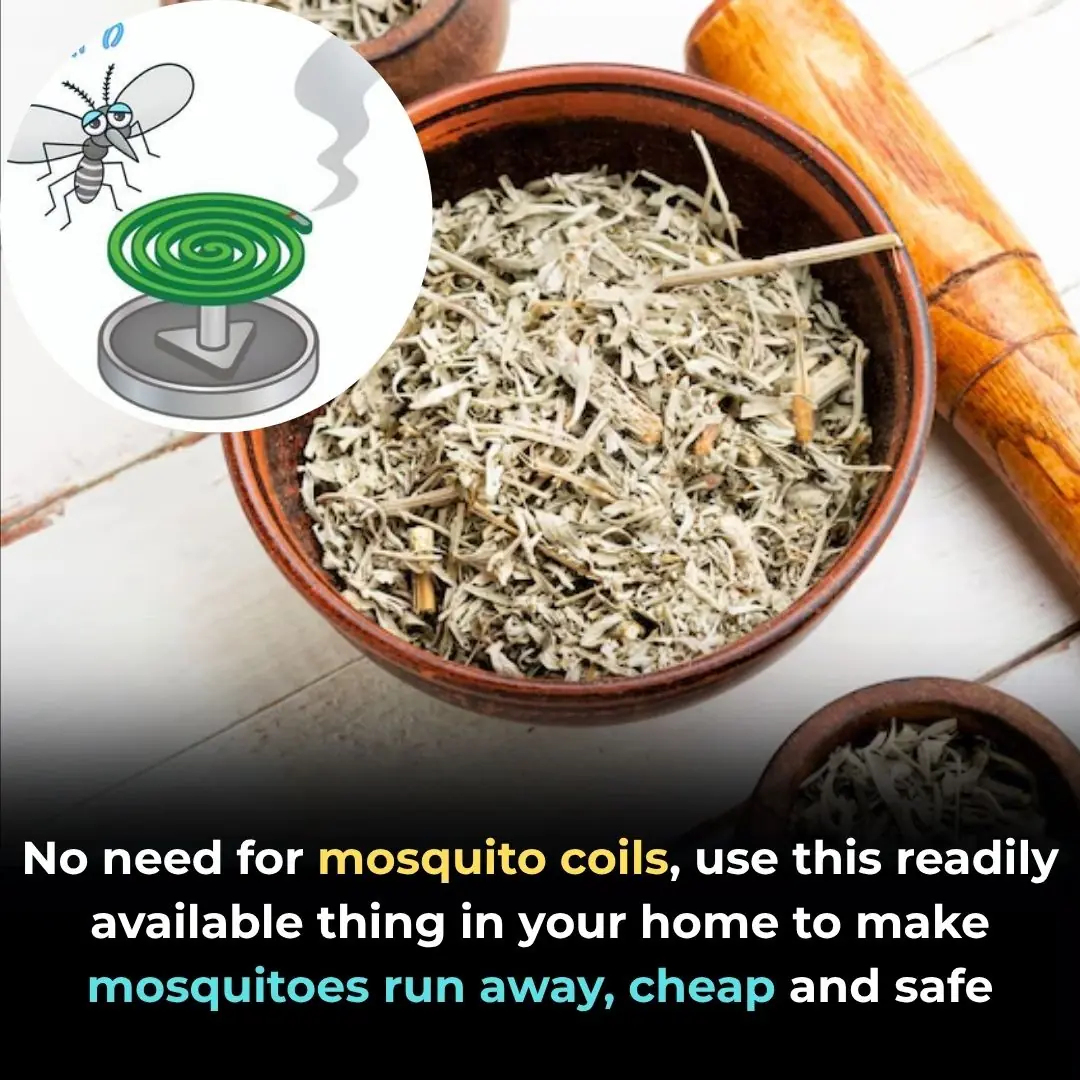
No need for mosquito coils, use this readily available thing in your home to make mosquitoes run away, cheap and safe

Put your hand on the mirror and discover a 2-way mirror in a motel or hotel

Dirty bathroom mirror: Mix this with water and wipe it once to make the mirror shiny

The round hole on the grater has 5 useful uses: Many people do not know how to use it, it is a waste

Check out this how-to right now. It will help you

Natural Ways to Keep Your Arteries Healthy and Improve Blood Circulation

Are Crocs Actually Bad for Your Feet

Don’t throw away bubble wrap — keep it in the kitchen and you’ll be surprised by its amazing uses!

Over time, kitchen sinks can become stained and dull — use this to scrub and make it shine like new
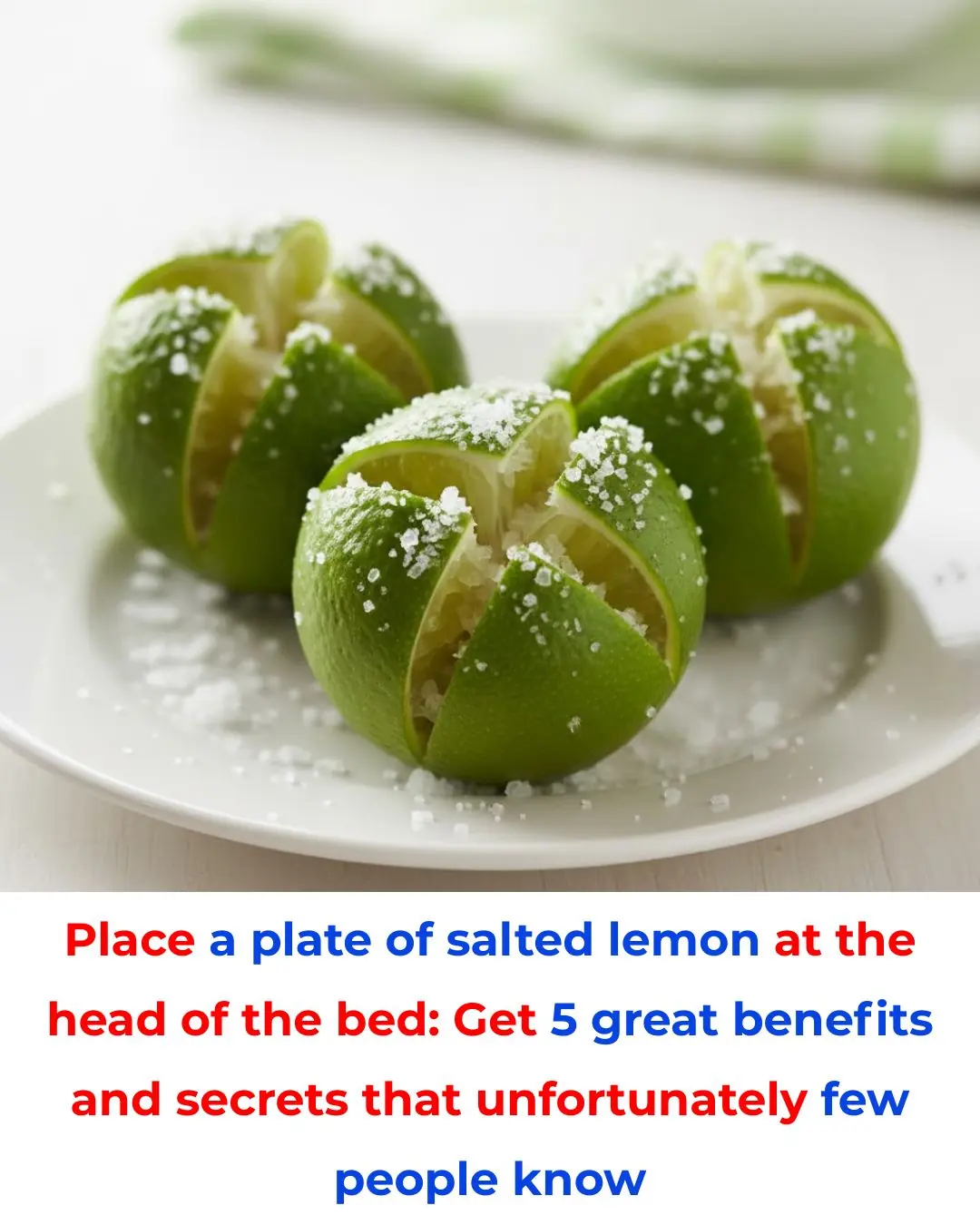
Place a plate of salted lemon at the head of the bed: Get 5 great benefits and secrets that unfortunately few people know

Add this to the water. Even when you don’t clean the floor in a week
News Post

The Man Who Remembers Hunger: Why One Act of Kindness Matters.

The Little Elephant Who Was Born Different: A Pink Calf in the Wild

When Love Has No Address: A Man and His Dogs

A Boy, a Soldier, and an Umbrella: A Timeless Gesture of Respect
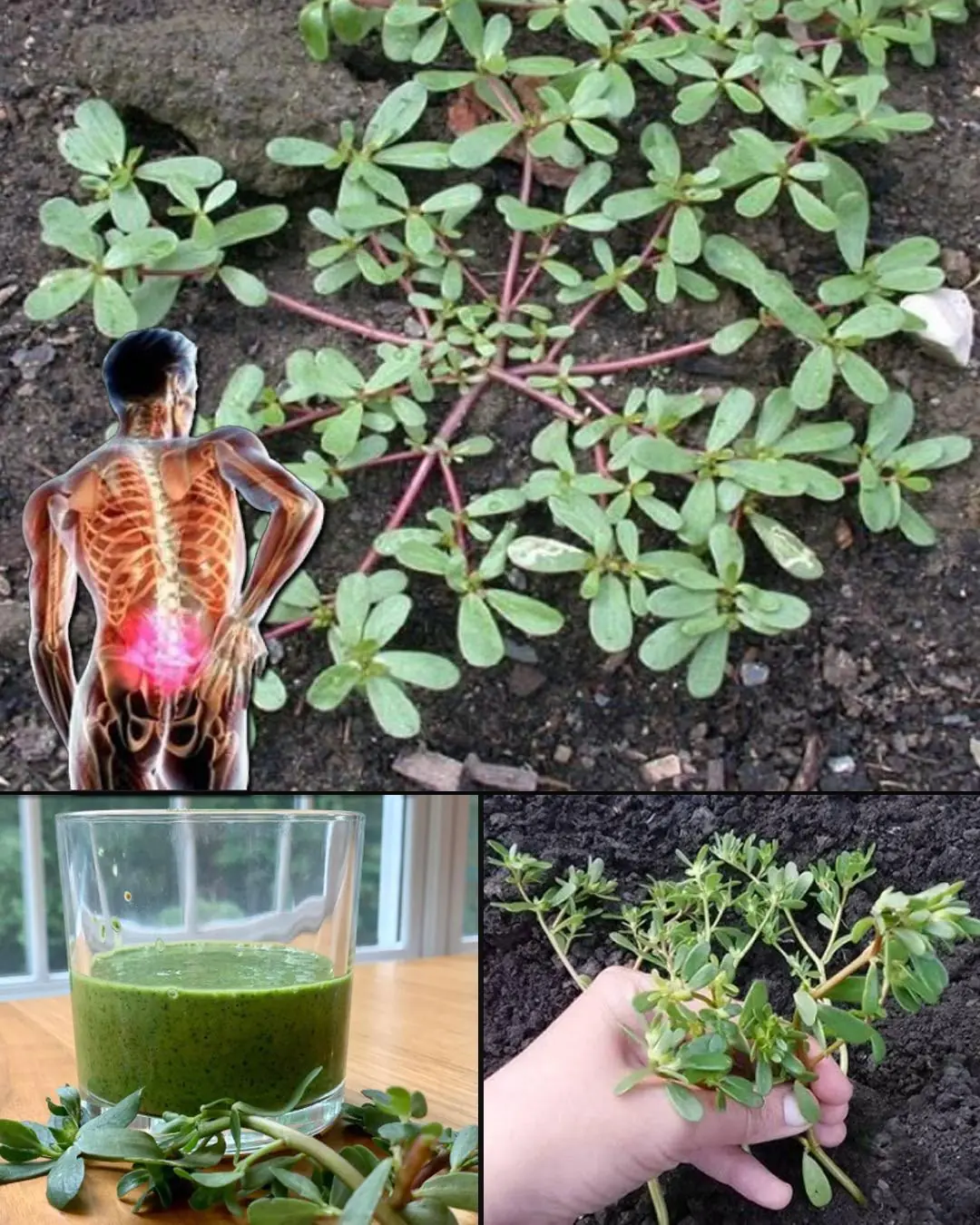
Purslane: The Superfood That Tastes Better Than Meat – 7 Reasons to Grow It in Your Garden
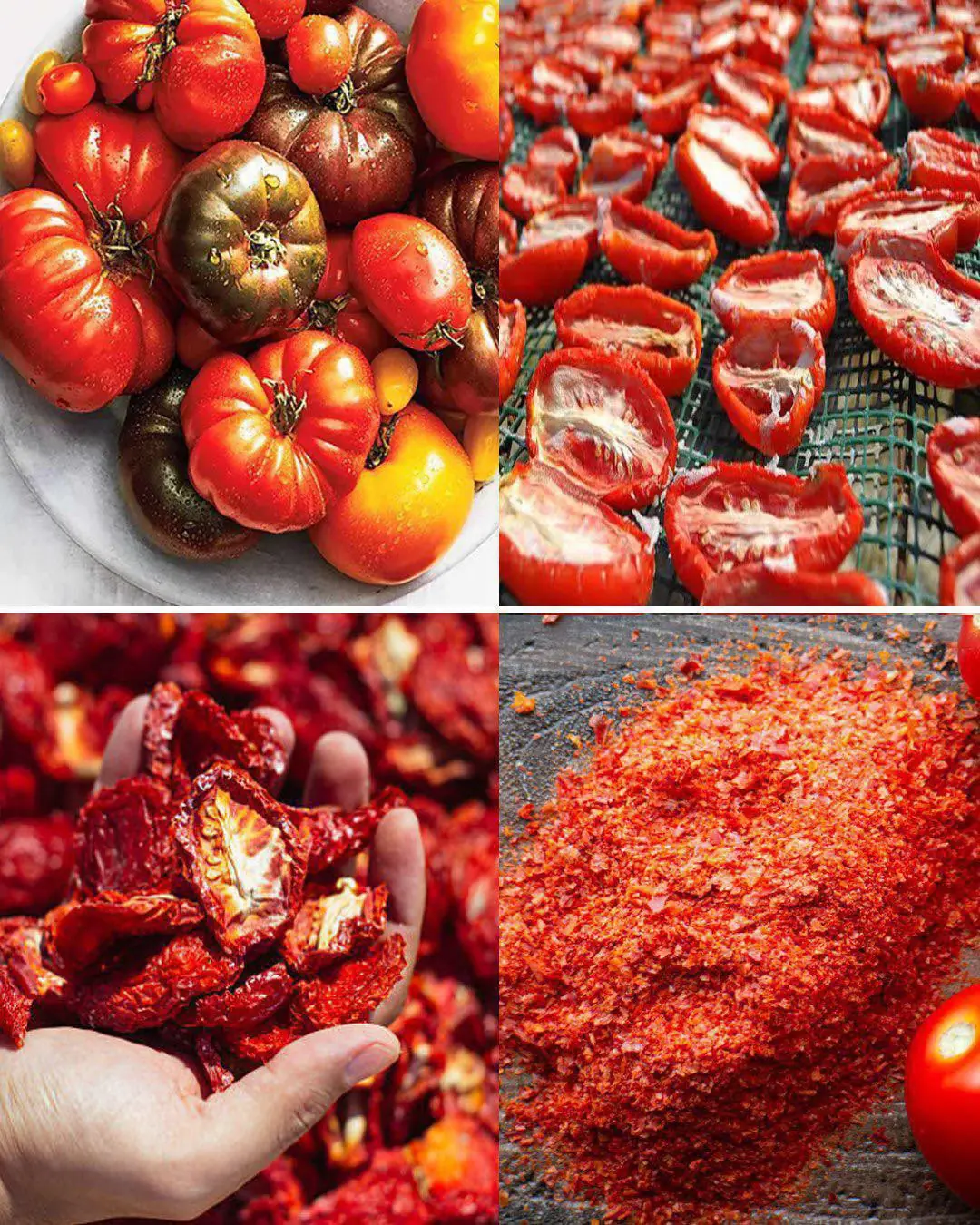
Don't Throw Old Tomatoes in the Trash.Turn them into flavorful tomato powder.
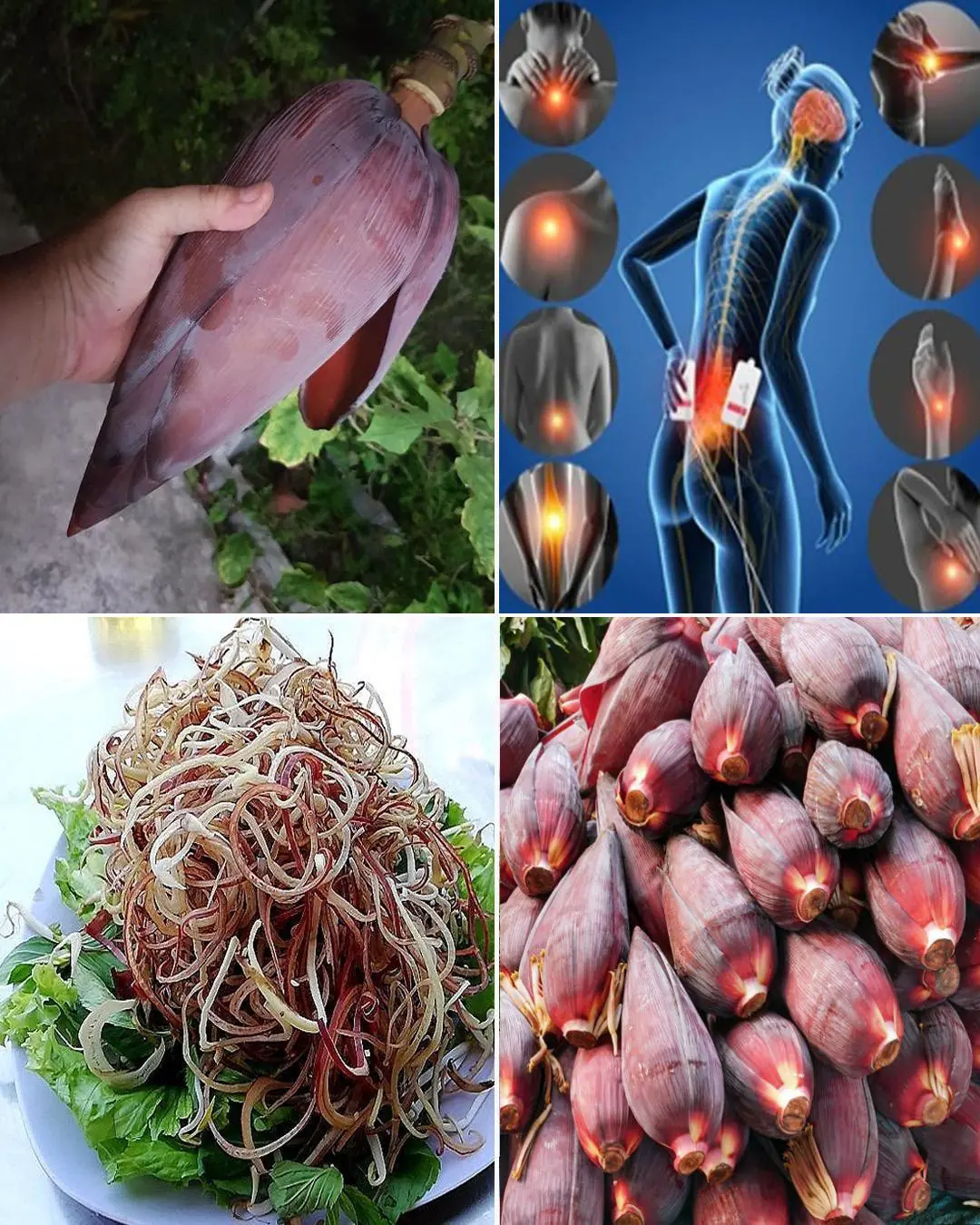
Banana Blossom: Health Benefits, Recipes, and Uses
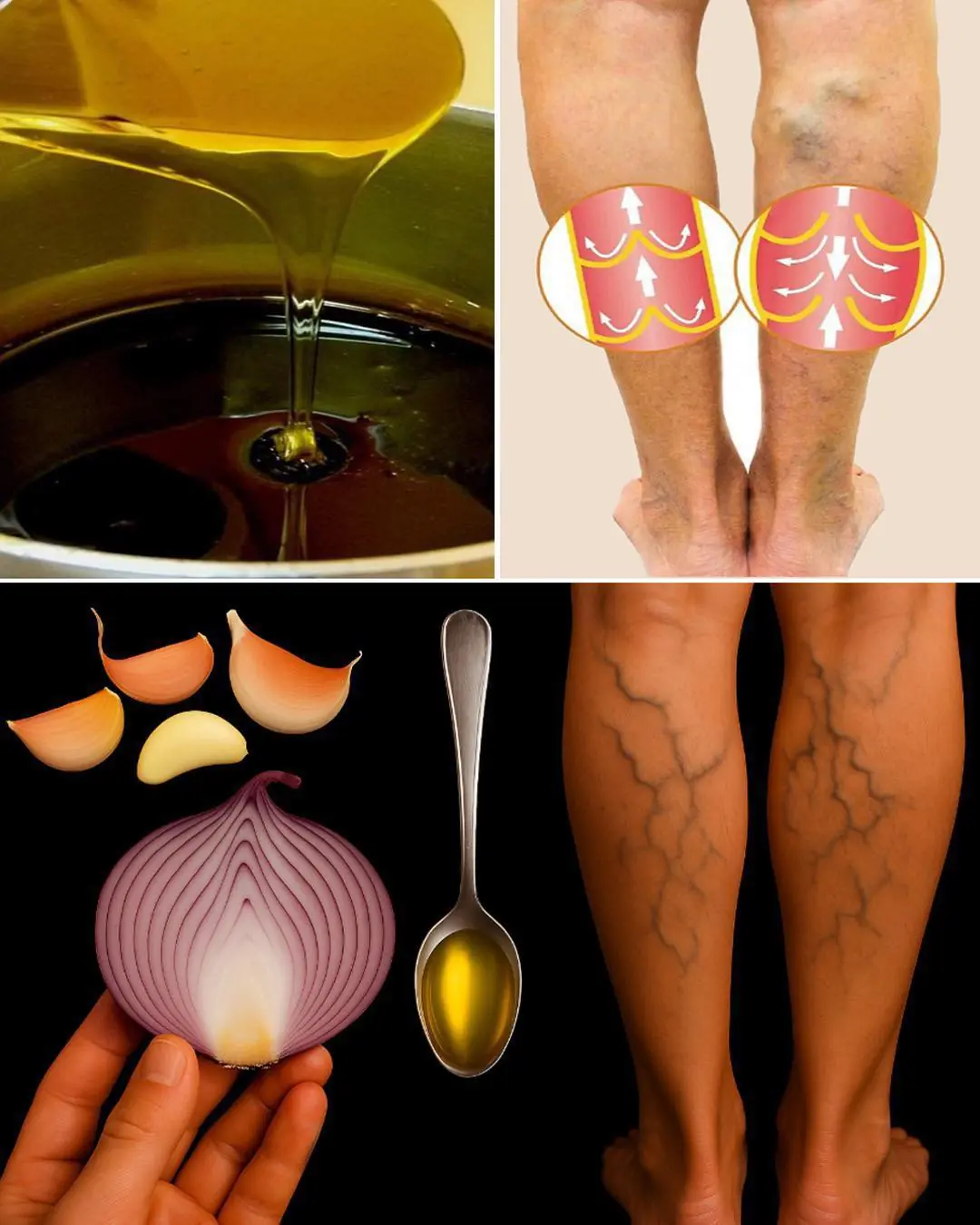
Onion, Garlic, and Olive Oil Remedy for Varicose Veins: Natural Treatment and Benefits

The Photo of the Year: A Glimpse of Courage the World Must Not Forget
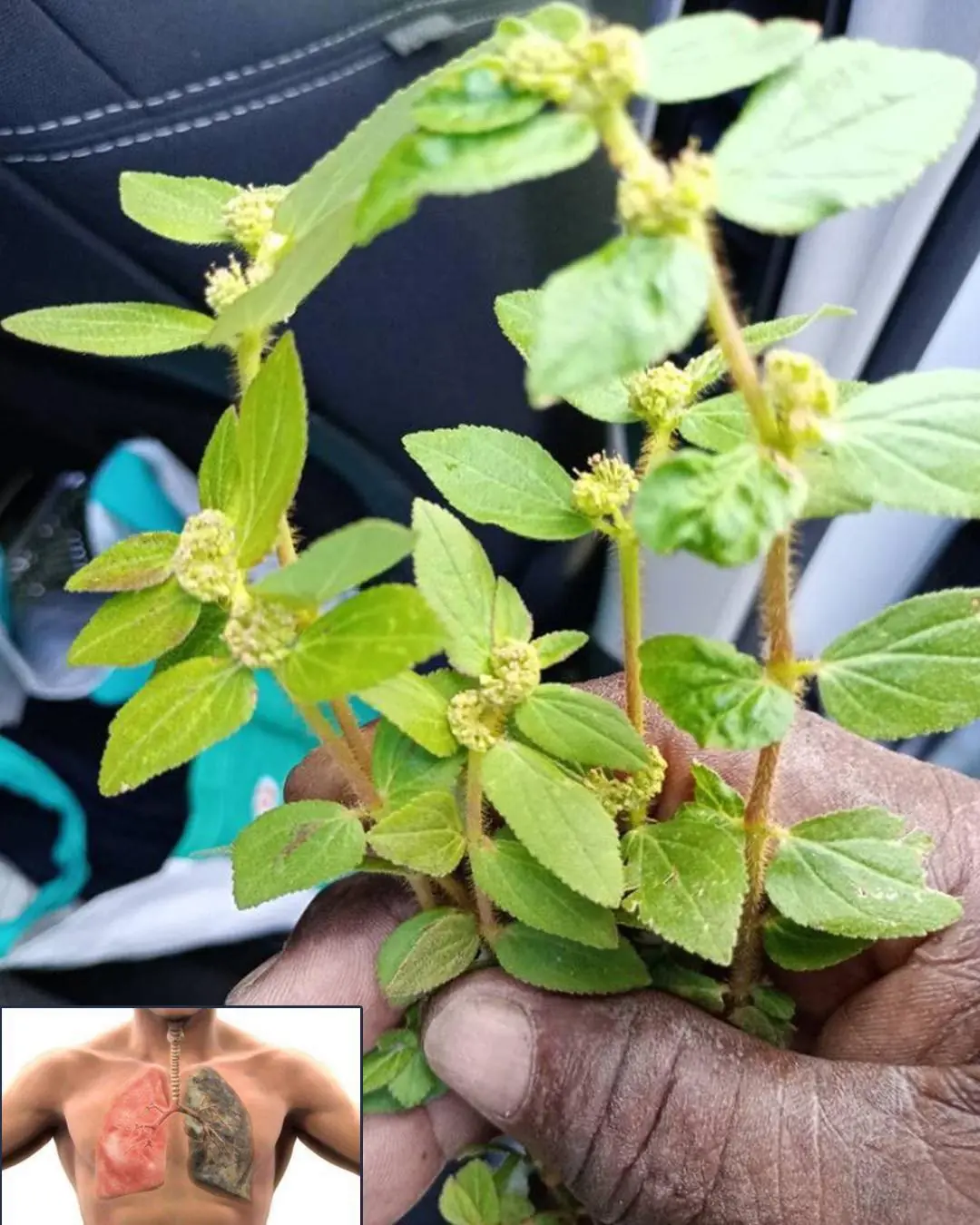
7 Surprising Benefits of Euphorbia Hirta
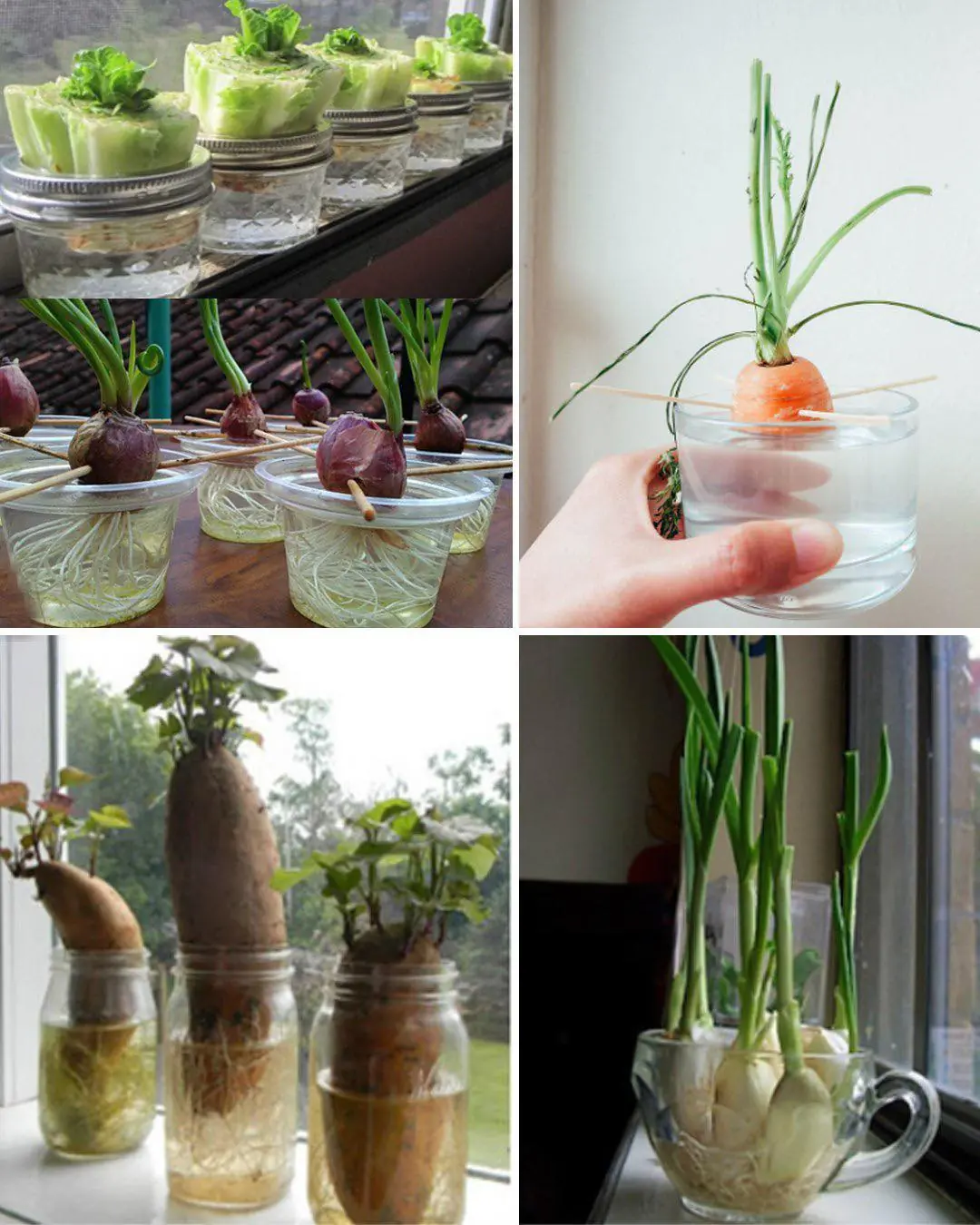
How to Regrow Food in Water: 10 Foods that Regrow Without Dirt

Firefighters Save Trapped Fawn from Storm Drain, Reuniting It with Nature
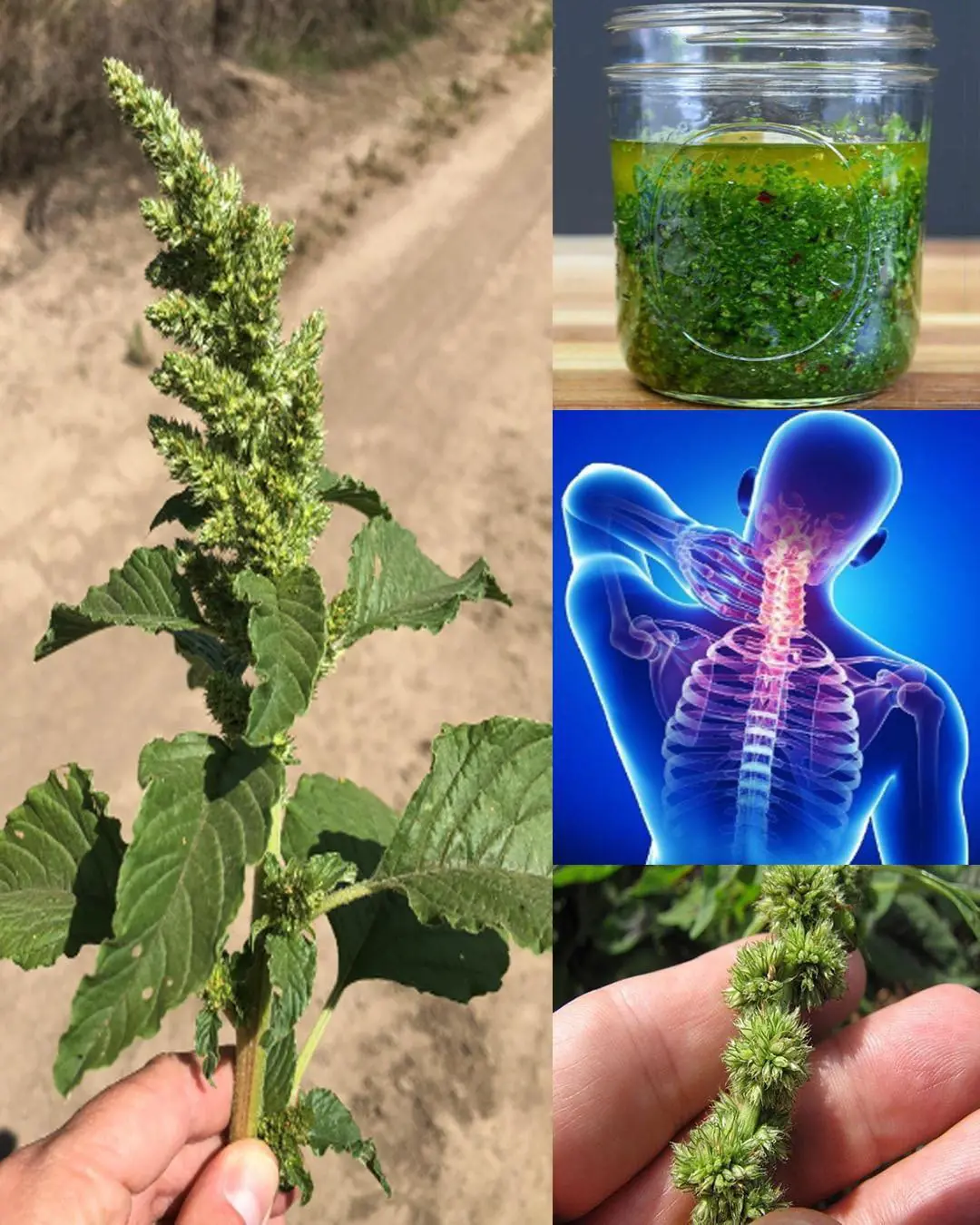
10 benefits of pigweed
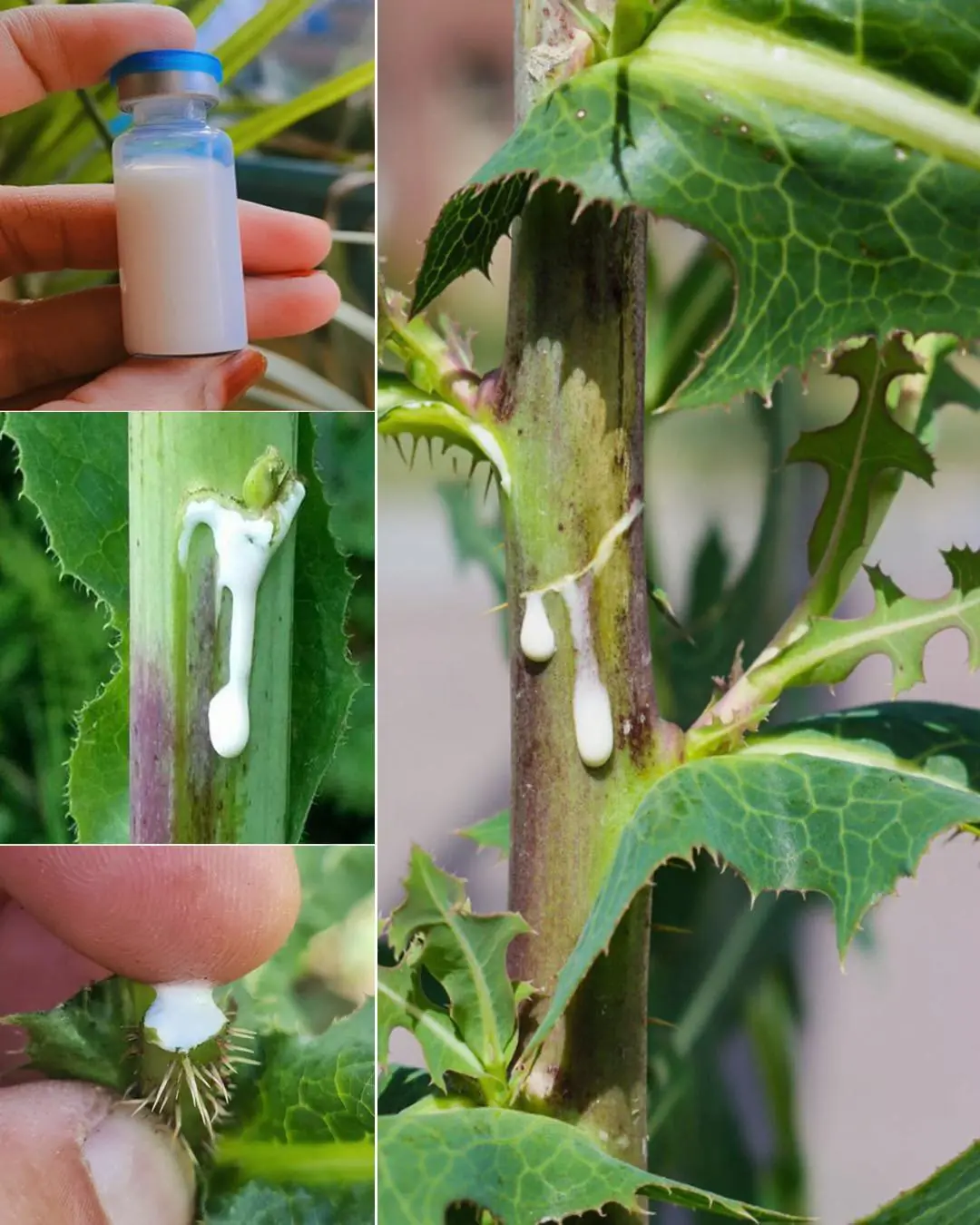
Wild Lettuce Sap: Benefits and Uses

When “Just a Dog” Becomes the Difference Between Life and Death

Teddy’s Hug: A Rescue Story of Unbreakable Love

Benny’s Redemption: A Journey from Loneliness to Love

Man has stroke after bathing right after meal: 3 mistakes you shouldn’t make

Redemption in Yarn and Paws: How a Cat Gave My Brother Back His Life
